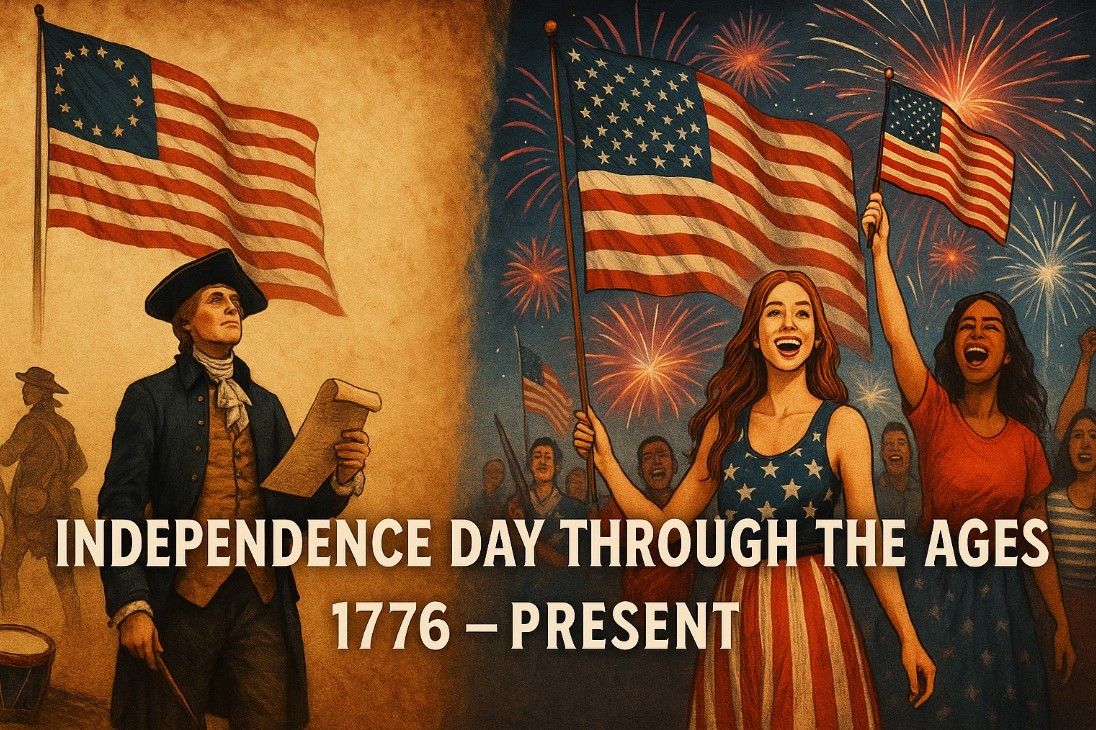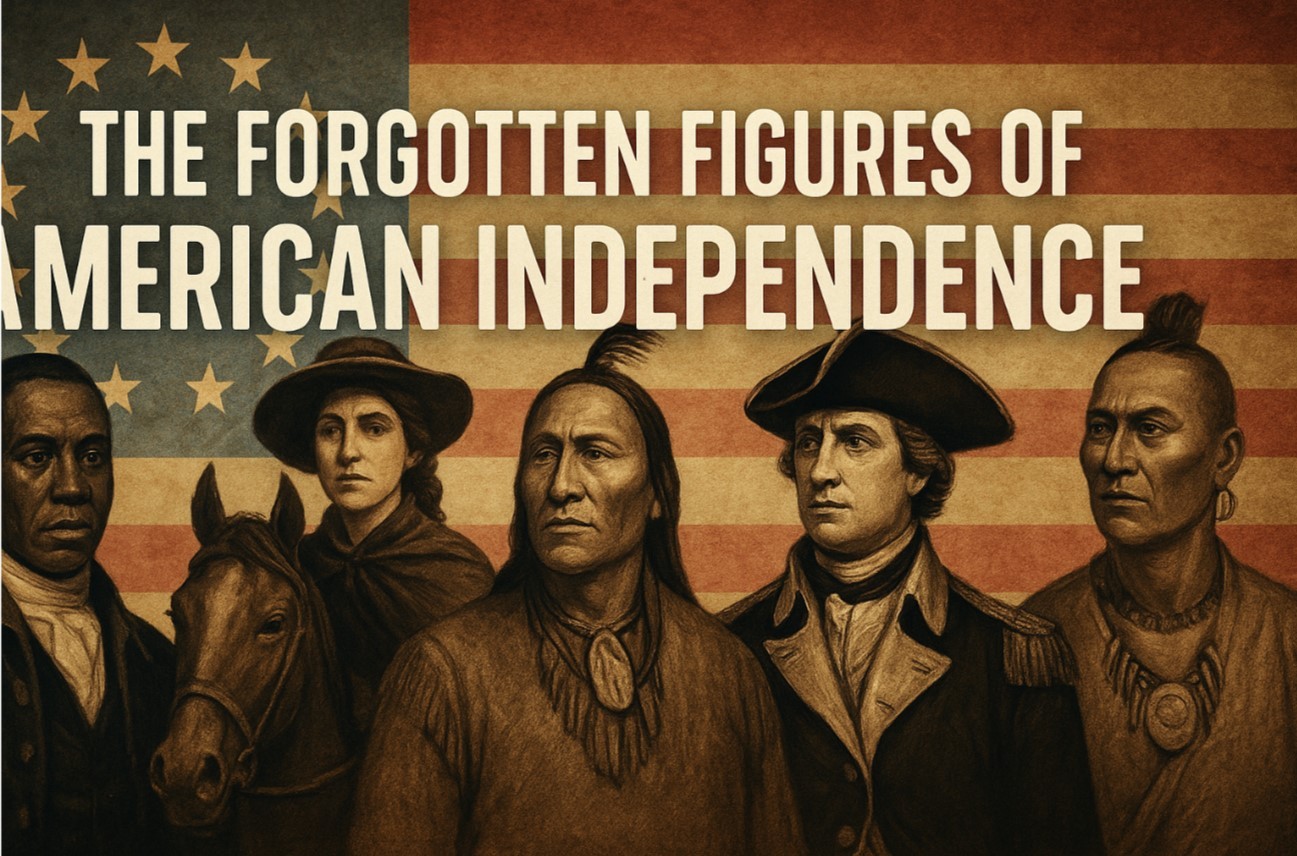US Independence Day (July 4): History, Meaning and Celebrations
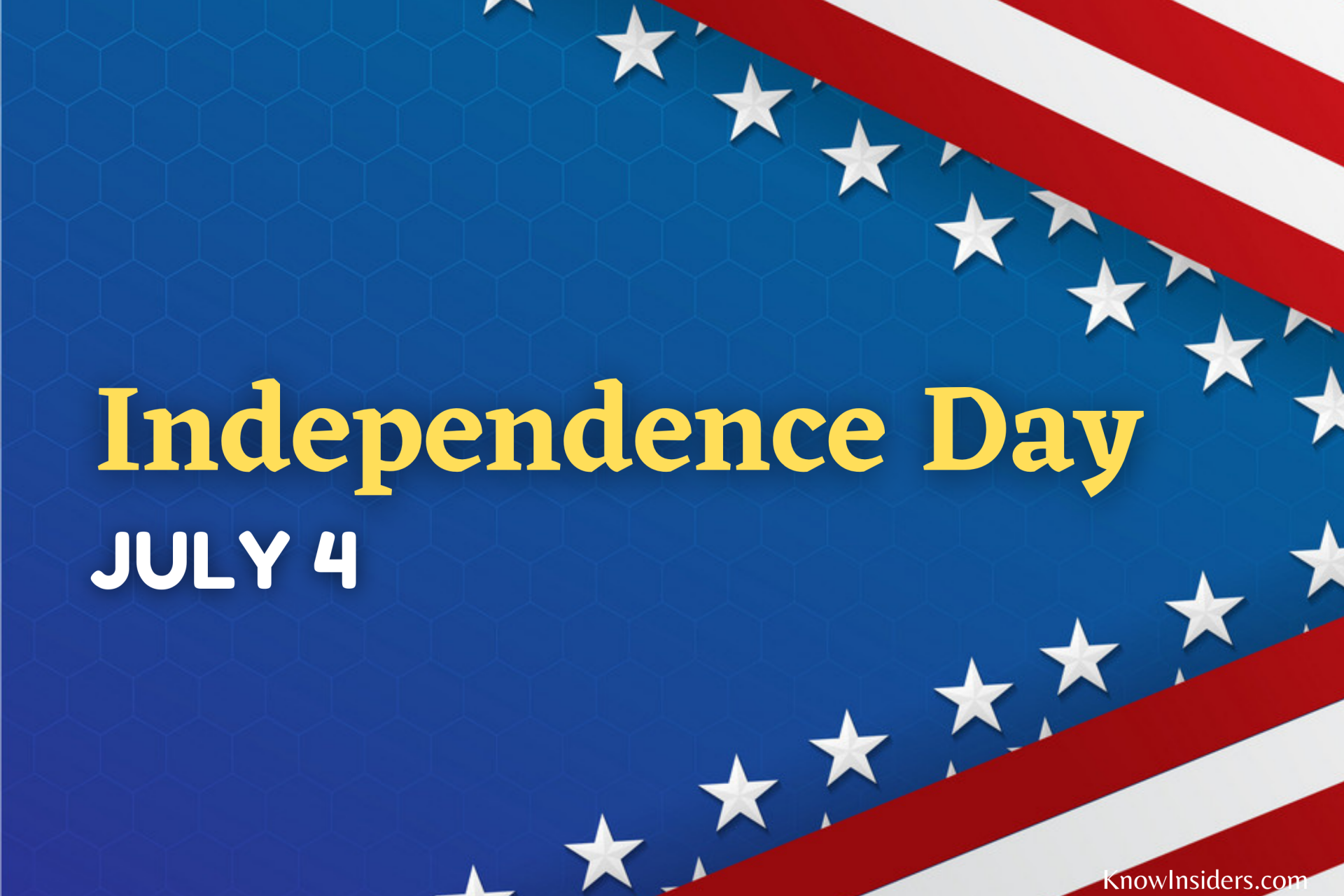 |
| Table of Content |
Independence Day (July 4): History
The 13 colonies declared their independence from England on July 4, 1776. This was the first step toward the creation of the United States. Americans remember this important event every year on July 4, which is also known as Independence Day.
England and the colonies had been at war for a year when the colonies met in Philadelphia in the summer of 1776 for the Continental Congress. Richard Henry Lee of Virginia introduced a famous resolution on June 7 in the Pennsylvania State House, which later became Independence Hall. It said, "Resolved: That these United Colonies are, and of right ought to be, free and independent States; that they are absolved from all allegiance to the British Crown; and that all political connection between them and the State of Great Britain is, and should be, totally dissolved."
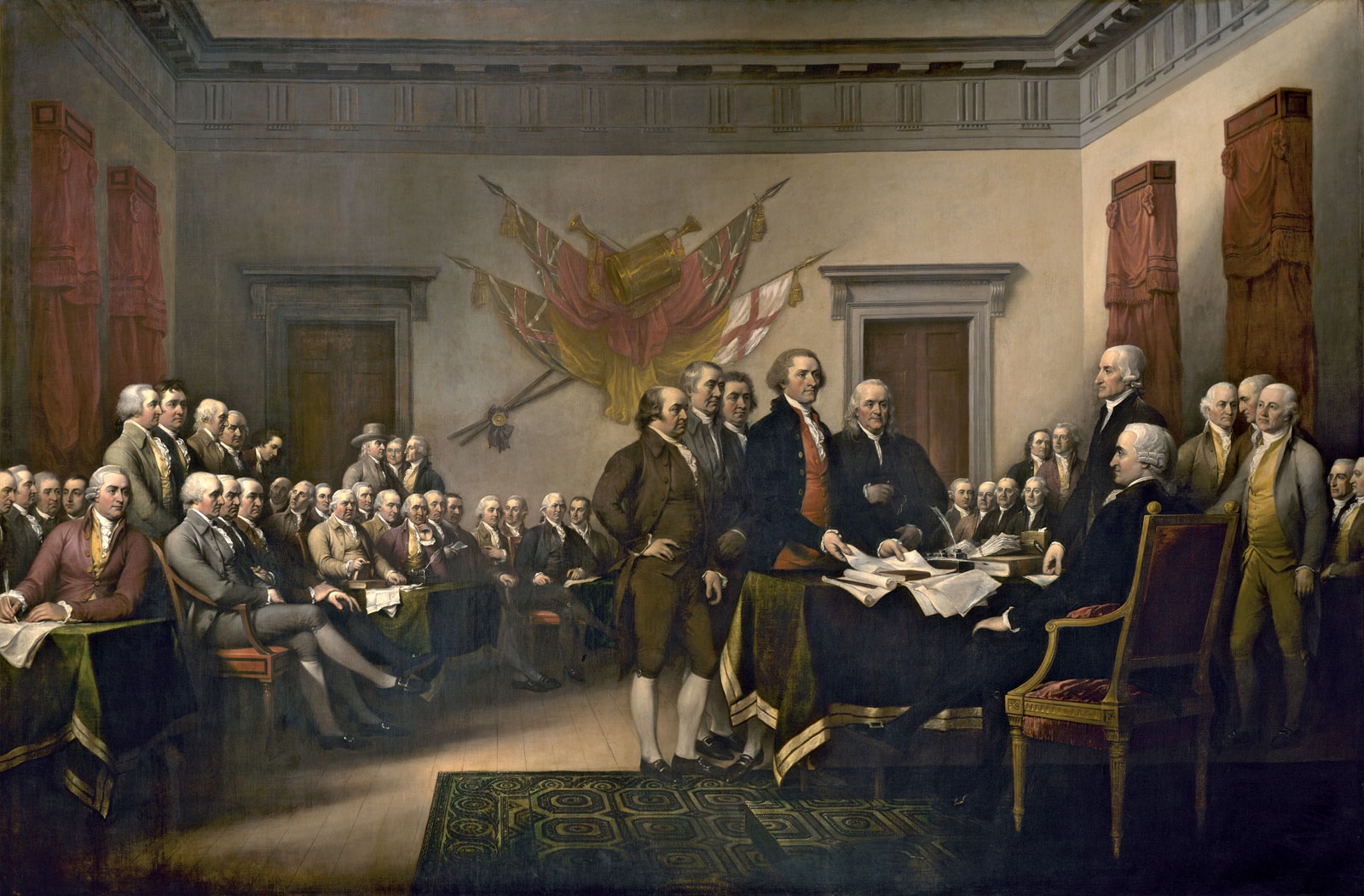 |
| Photo: Britannica |
People were moved by Lee's words to write a formal Declaration of Independence, but the resolution wasn't carried out right away. The resolution was put off until June 11 after a vote of seven colonies to five, with New York abstaining. But a Committee of Five was put together to write a statement that would make the colonies' case for independence to the rest of the world.
John Adams from Massachusetts, Roger Sherman from Connecticut, Benjamin Franklin from Pennsylvania, Robert R. Livingston from New York, and Thomas Jefferson from Virginia were all on the Committee. Jefferson was in charge of writing the actual document.
The Continental Congress met again on July 1, 1776. The next day, 12 of the 13 colonies passed the Lee Resolution for independence, but New York did not vote.
Why do we celebrate the Fourth of July?
Some small changes were made to Jefferson's Declaration of Independence during debates, but the main idea of the document stayed the same. Revisions kept going all day on July 3 and into the late afternoon of July 4, when the Declaration was officially signed. Out of the 13 colonies, nine voted for the Declaration, two voted against it (Pennsylvania and South Carolina), Delaware wasn't sure, and New York didn't say anything.
The Declaration of Independence was signed by John Hancock, who was President of the Continental Congress. Word on the street is that John Hancock signed his name "with a great flourish" so that "King George can read that without spectacles!"
The original copy of the Declaration is now kept in the National Archives in Washington, D.C., and July 4 is a national holiday to remember the day the United States set out to prove it was a free and independent country.
Independence Day (July 4): Meaning
Independence Day, also known as the Fourth of July or July 4th, is a national holiday in the United States. It's a celebration of the day that the Continental Congress passed the Declaration of Independence, which was July 4, 1776. In the United States, Independence Day is on July 4, 2021, a Sunday.
Independence Day (July 4): Celebrations
Independence Day is a time for families to get together and celebrate with picnics and barbecues. This shows how important political freedom is to Americans. On this day, people compete to see who can eat the most watermelon or hot dogs. There are also sporting events like baseball games, three-legged races, swimming activities, and tug-of-war games.
A lot of people fly the American flag in front of their homes or businesses. A lot of places set off fireworks, and patriotic music is often played at the same time. The most impressive fireworks can be seen on TV. A lot of people take more than one vacation day to get away from the heat at their favorite beach or vacation spot over the course of a long weekend.
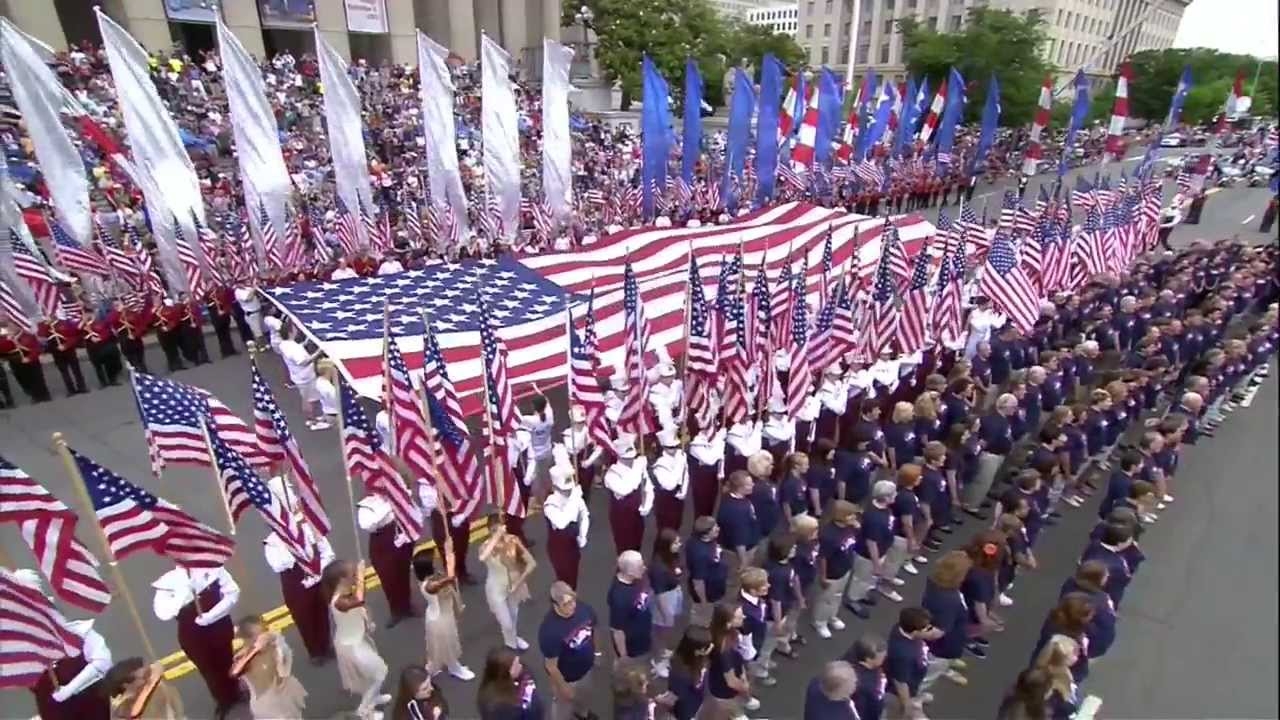 |
| Photo: Tripbeam |
Independence Day is a patriotic holiday in which the good things about the US are honored. They go to public events a lot to show they care about their country's history, heritage, and people. People in the US most of all voice their appreciation for the freedom and rights that were fought for by many of today's Americans. Independence Day is linked to the Statue of Liberty, which is a national landmark.
Early Fourth of July Celebrations
In the years before the revolution, colonists would celebrate the king's birthday every year with processions, speeches, ringing of bells, and other activities. In contrast, some colonists celebrated the start of independence by acting out the funeral of King George III in the summer of 1776. This was meant to show that the monarchy's rule over America was ending and liberty had won.
Celebrations like concerts, bonfires, parades, and the firing of cannons and muskets were common at the first public readings of the Declaration of Independence, which started as soon as it was signed into law. On July 4, 1777, Philadelphia held the first annual celebration of independence. This was done while Congress was still busy with the war.
In honor of the anniversary of independence in 1778, George Washington gave all of his soldiers twice as much rum. In 1781, a few months before the important American victory at the Battle of Yorktown, Massachusetts was the first state to make July 4th an official state holiday.
After the Revolutionary War, Americans continued to celebrate Independence Day every year. These events gave the new country's leaders a chance to address the people and bring them together. By the last ten years of the 18th century, the Federalist Party and the Democratic-Republicans had become the two main political parties. In many big cities, they started holding their own Fourth of July celebrations.
Fourth of July Fireworks
As early as 200 BC, people used fireworks for the first time. At the first organized celebration of Independence Day in Philadelphia on July 4, 1777, fireworks were set off as a thing that people did on July 4. In honor of the 13 colonies, the ship's cannon fired a 13-gun salute. "At night, there was a grand exhibition of fireworks (which began and ended with thirteen rockets) on the Commons," the Pennsylvania Evening Post wrote. "The city was beautifully illuminated." The Sons of Liberty set off fireworks over Boston Common that same night.
Fourth of July Becomes a Federal Holiday
When the United States fought Great Britain again in the War of 1812, the tradition of celebrating patriotism spread even more. The U.S. Congress made July 4th a federal holiday in 1870. In 1941, the law was changed so that all federal employees could take a paid holiday on that day.
Independence Day has lost some of its political importance over the years, but it is still a big national holiday and a sign of patriotism.
The Fourth of July, which falls in the middle of summer, has become a major focus of leisure activities and a common time for families to get together, often with fireworks and barbecues outside. The American flag is the most common symbol of the holiday, and "The Star-Spangled Banner," the national anthem of the United States, is often played in the background.
 The Most Important Holidays In Malaysia In 2024 The Most Important Holidays In Malaysia In 2024 If you are looking for information regarding holidays observed in Malaysia in the year 2024, then you have come to the right place. In the ... |
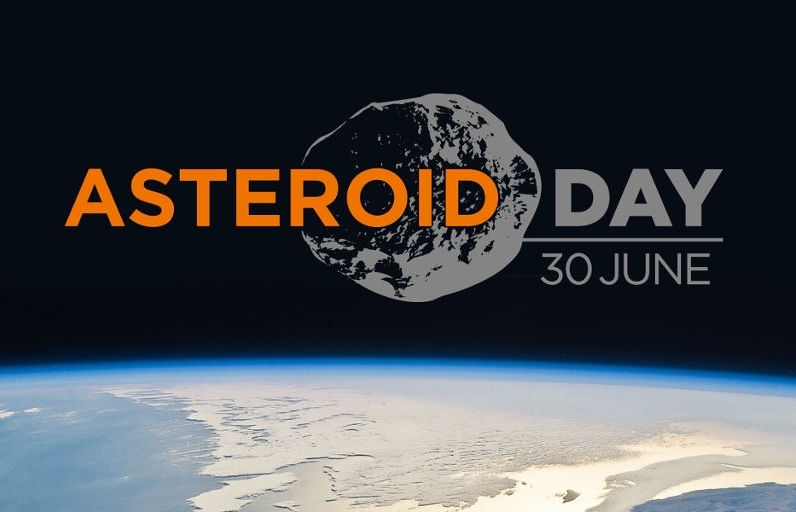 World Asteroid Day (June 30): History, Significance, Theme and Celebrations World Asteroid Day (June 30): History, Significance, Theme and Celebrations Asteroid Day is an event observed on 30 June to provide online education about the asteroid. This event is held on the anniversary of the ... |
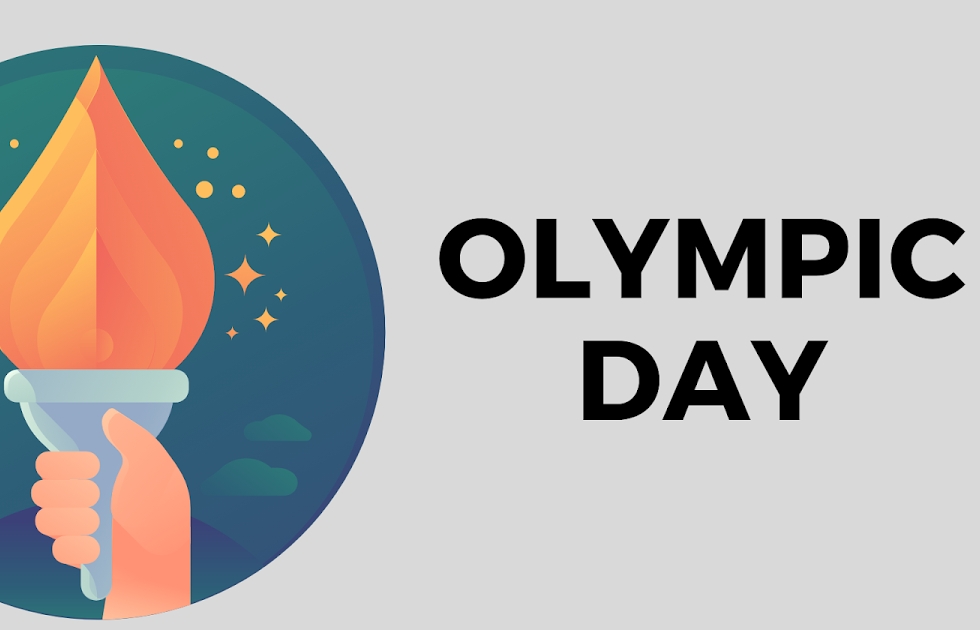 International Olympic Day (June 23): History, Significance, Theme and Celebrations International Olympic Day (June 23): History, Significance, Theme and Celebrations The International Olympic Day is celebrated on 23rd June every year to make people aware of the importance of games in life. Olympic Day is ... |


